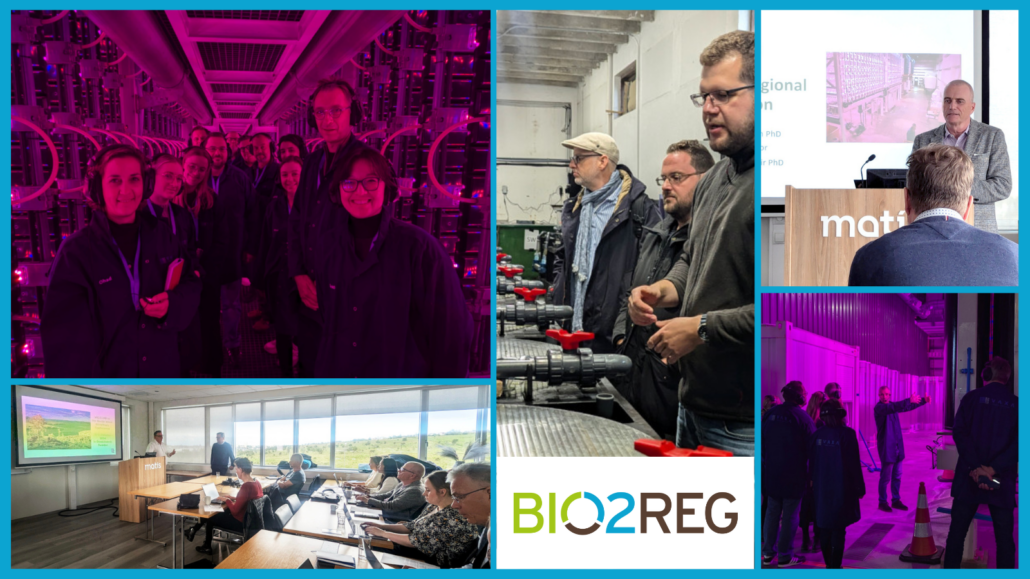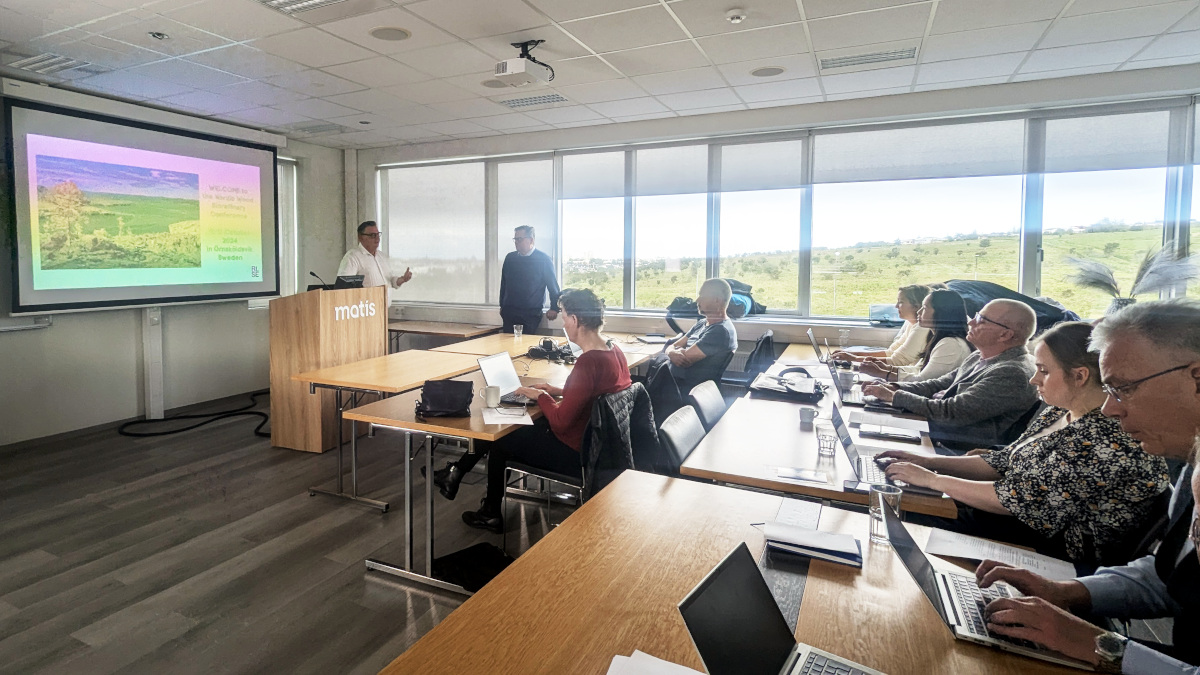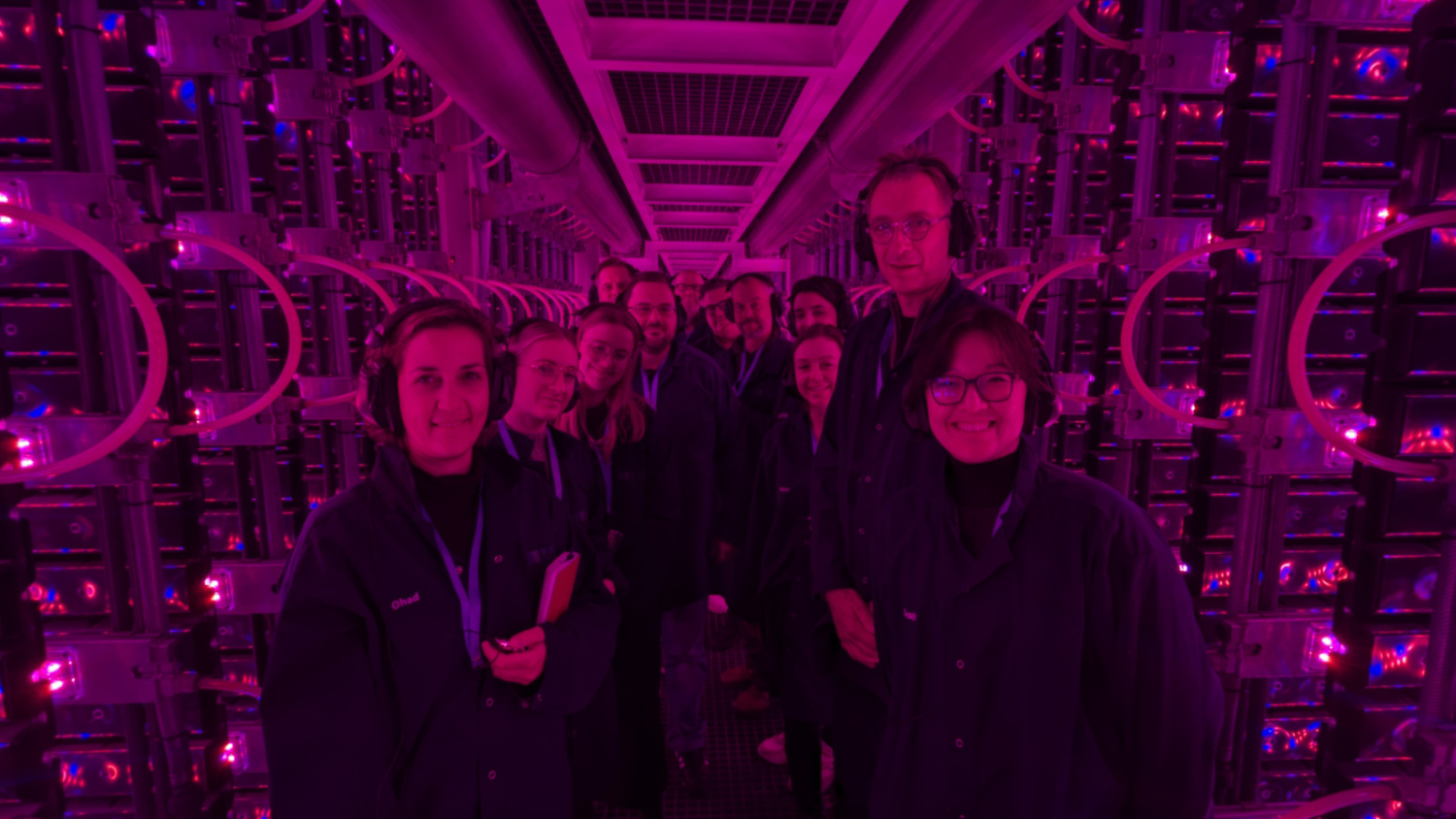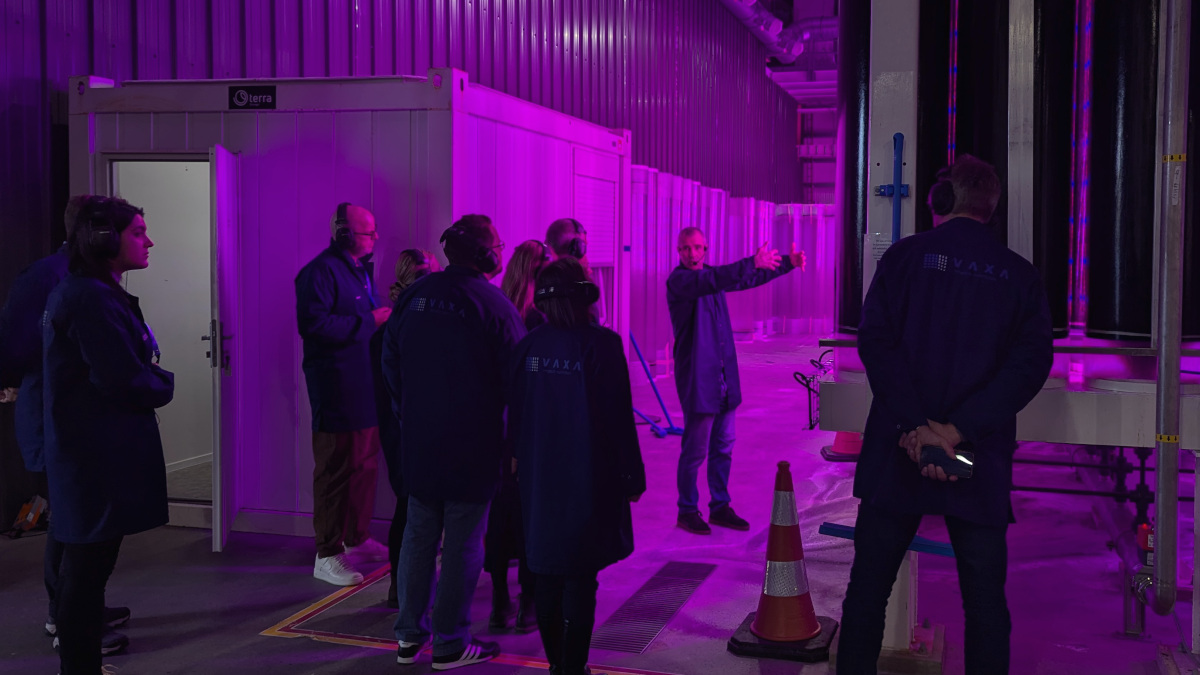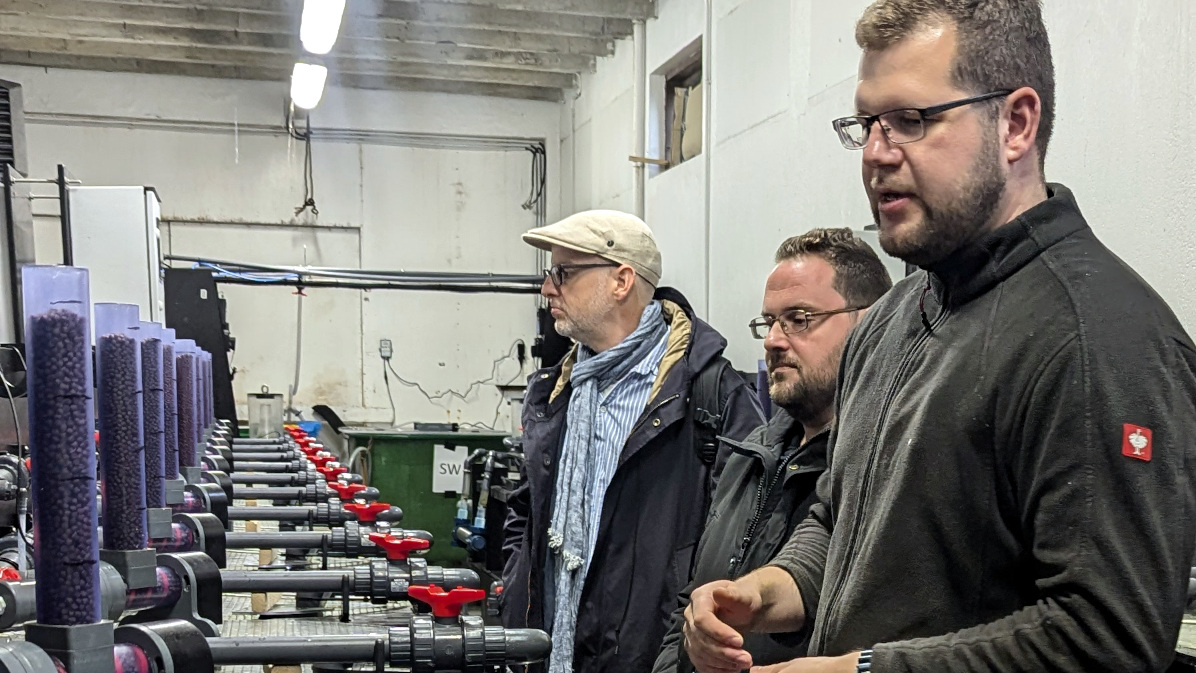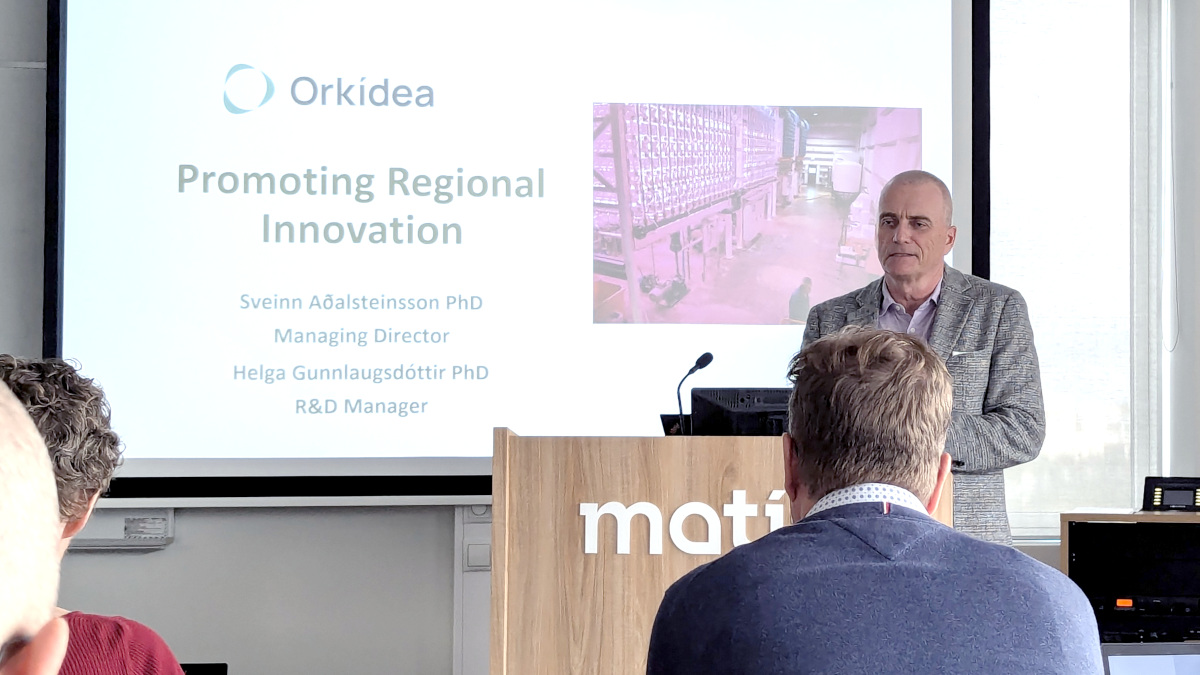Workshop on the role of research infrastructure and Living Labs
For regions transitioning to a bio-based economy, research infrastructure and living labs can foster collaboration and bridge the gap between innovation and commercialisation. This pivotal role was highlighted during BIO2REG’s concluding expert workshop in Reykjavík, Iceland.
The BIO2REG workshop on the role of research infrastructure and living labs in regional bioeconomy transitions brought together 26 research, business and rural development experts in Reykjavík, Iceland. Living labs and research infrastructure are key to developing bioeconomy model regions, acting as hubs for demonstrating, testing, scaling, and implementing new technologies and business models. They encourage collaboration between researchers, industry, and communities to address challenges like climate change, resource scarcity, and rural development. Workshop participants explored regions’ challenges in shifting to bio-based economies and discussed how research infrastructure and living labs can facilitate this transition. The workshop underscored these resources’ vital role in fostering collaboration, promoting knowledge transfer, and driving sustainable development across diverse industries. The discussions were complemented by site visits to leading local bioeconomy practitioners, such as microalgae-culturing VAXA, Brim Seafood, and state-of-the-art Matís Aquaculture Research Station.
A Benchmark for Facility Sharing Excellence
The transition to bioeconomy is challenging, particularly in regions bound by conventional business practices and fragmented governance. Consequently, shared facilities, such as living labs, are often at the heart of bioeconomic transitions in rural areas, bringing like-minded people together. The success of such efforts was demonstrated by Sveinn Aðalsteinsson from Orkídea. This nano-organisation from South Iceland promotes eco-industrial parks that operate on circular economy principles, where waste from one company becomes a resource for another, creating innovation hubs in rural areas. The BIO2REG expert workshop participants observed this concept at the VAXA microalgae-culturing facility. The facility is integrated with a geothermal plant and uses its clean energy and natural carbon emissions to power microalgae production. Eco-industrial parks like this build regional resilience and drive bioeconomic transformations by bringing together entrepreneurs and investors to address local environmental challenges while creating economic value.
Infrastructure and competencies for SMEs
Another insightful outlook at the shared facilities spotlit testbeds and pilot halls that de-risk innovation processes and help Small and Medium Enterprises (SMEs) scale up bio-based solutions. Per Tomani and Matthias Drotz from Research Institutes of Sweden (RISE) demonstrated the power of mobile teaching platforms that allow industries to visualise technology before adopting it into their processes. An excellent example is LignoCity in Bäckhammer, Sweden, a demonstration facility for commercialising kraft lignin products. By participating in the test environments, SMEs can validate the real-world conditions before large-scale commercialisation. This kind of infrastructure is a vital stepping stone for SMEs in transitioning towards cutting-edge bio-based products, as it is rare for a single SME to have all the infrastructure and competencies needed.
Finally, workshop participants exchanged on best practices and lessons learnt for new technologies and research infrastructures, particularly in more traditional industries such as fishing and farming. Presentations from experts, including Guðmundur Stefánson from Matís, Roland Pieruschka from Forschungszentrum Jülich, and Ola Pettersson from RISE , emphasised how transitioning to fossil-free, resilient systems is achievable by integrating accessible infrastructure, new tools and practices (e.g. PHENET, Microbes4Climate and the European Plant Phenotyping Network to name just a few) and collaborations between communities, industry, farmers and researchers. Large-scale investments often support testing, scaling, and early adoption of the practices. However, it is the undeniable benefits—such as improved product quality and increased profits—that truly drive market competition. A prime example of this is the Icelandic seafood sector, where export values have tripled over the last forty years, thanks to fish processing optimisation, specialisation, and automation.
The potential for scaling up bio-based solutions is immense, and the role of research infrastructure and living labs in bridging the gap between innovation and commercialisation is crucial. By fostering collaboration, building eco-industrial parks, and creating opportunities for adopting bio-based solutions, these platforms provide regions with the tools needed for a sustainable and resilient future. Stay tuned to read the complete guide on the best practices collected from the BIO2REG experts on the regional transition towards bio-based economies!
The organisers
More about Matís
More about Research Institutes of Sweden (RISE)
More information
Matís Aquaculture Research Station
Orkídea
VAXA
Brim Seafood
LignoCity

